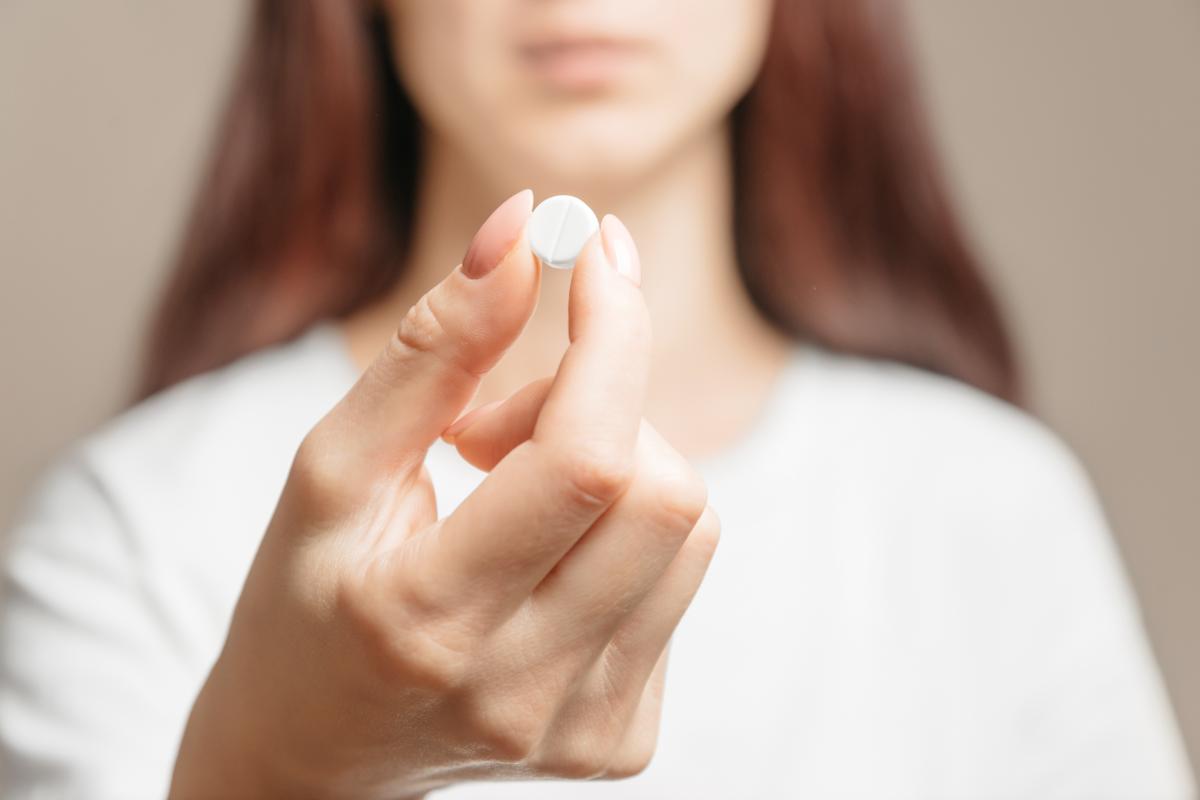Opioids are a class of drugs that include some of the most powerful painkillers today. These potent drugs can lead to physical and psychological dependence, causing a host of complications for your health. Withdrawal from the most dangerous opioids can be especially unpleasant and potentially life-threatening. Getting help from an opioid rehab center rather than trying an at-home detox can ensure you stay safe as you work to overcome opioid use disorder (OUD).
If you need support quitting opioids, BrightView’s fentanyl addiction treatment programs can help. We offer high-quality, evidence-based treatment programs for fentanyl and other opioid use disorders. You will also find treatment for dependence on alcohol and other drugs. Call us today at 888.501.9865 or reach out online to discuss treatment options with one of our friendly team members.
What Are the Most Dangerous Opioids?
Opioid drugs are available as prescription medications and illicit street drugs. Opioids, also known as painkillers, are commonly prescribed to treat pain related to surgeries, injuries, and chronic health conditions. These medications do a great job of alleviating pain, but they can also be addictive and must be used with caution. Many people who began using opioids for pain relief became slowly dependent on their medications, unable to stop using them.
So what are the most dangerous opioids? Here are the most dangerous drugs that fall under the classification of opioids:
- Fentanyl – This opioid is up to 100 times stronger than morphine. It is administered as a patch, lollipop, lozenge, or injectable solution. In addition to its medical use as a pain reliever, fentanyl has been used illegally as a recreational drug. It is sometimes cut with heroin or counterfeit pills and sold as oxycodone or hydrocodone.
- Carfentanil – This is a synthetic opioid that is used in tranquilizers for large animals like elephants. It is significantly more potent than fentanyl, making it especially dangerous. Just a tiny amount can be fatal for humans. It is sometimes mixed with heroin to make it stronger.
- Oxycodone – This is a semi-synthetic opioid prescribed to treat moderate to severe pain, and it can be used as part of an addiction treatment program if you have developed a tolerance to other opioids like heroin or morphine. As with any opioid, taking too much of it can lead to respiratory depression, overdose, and death. Oxycontin, the brand name of oxycodone, was discontinued due to its reputation for being abused recreationally by people who then became dependent on it. It is now typically prescribed using the generic version, which contains oxycodone and naloxone to prevent misuse.
- Heroin – This opioid is considered a street drug since it is not prescribed to treat medical conditions. However, many people turn to heroin when their doctor no longer prescribes opioid medications. Heroin is highly addictive and produces a euphoric state. It can also lead to collapsed veins, increased risk of blood and skin infections, mental health disorders, and lung diseases.
If you or someone you know is using one of the most dangerous opioids by prescription or recreationally, you should exercise caution and reach out for help if you start to develop a dependence on the drug.
What to Do If Someone Is Overdosing on the Most Dangerous Opioids
The opioids listed above are some of the most dangerous drugs and can increase your risk of overdose. If you think someone is overdosing on opioids, you should:
- Call 911 immediately.
- Administer naloxone (Narcan) if available.
- Perform CPR if the person is not breathing or their pulse has stopped.
Naloxone has saved many people from potential fatality caused by overdose. If you or a loved one may be at risk of opioid overdose, it is recommended that you reach out to a healthcare provider about keeping naloxone on hand for emergencies.
Overcome Opioid Use Disorder at BrightView
The safe, effective opioid use disorder treatment program you need is at BrightView. We emphasize a whole-person approach to give you the best chance of a successful recovery. Contact us today at 888.501.9865 to schedule an assessment and start your path to recovery.
